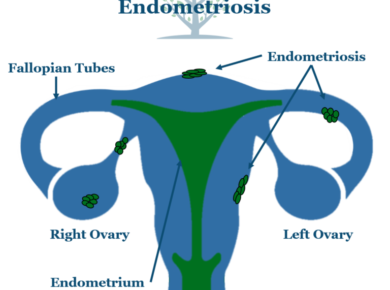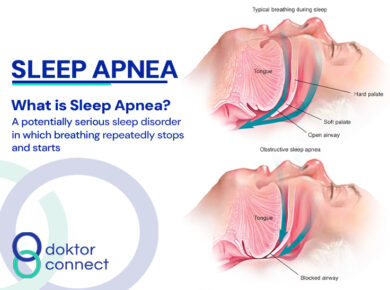Have you ever eaten a big meal and felt a burning or tightening pain in your chest several hours later? Do you know that millions of people suffer from heartburn, which could be very unpleasant? The name “Heartburn” is a bit misleading, though, as the condition doesn’t relate to the heart. Heartburn starts in the esophagus and could be a symptom of other medical conditions. It is common for people to experience occasional heartburn, and it is rarely a significant cause for concern.
Causes of Heartburn:
Heartburn happens because stomach acid becomes backed up in the esophagus, which moves food from your mouth to your stomach.
The burning sensation is usually a result of stomach acid leaking up into the esophagus through a flaw in a valve known as the lower esophageal sphincter (LES), which connects the esophagus and the stomach. When the lower esophageal sphincter doesn’t tighten properly or becomes weakened, stomach acid can flow back into the esophagus, causing a burning feeling.
Lots of people get heartburn from time to time. Often no reason why.
Sometimes caused or made worse by:
- certain food and drink – such as coffee, tomatoes, alcohol, chocolate, and fatty or spicy foods
- being overweight
- smoking
- pregnancy
- stress and anxiety
- some medicines, such as anti-inflammatory painkillers (like ibuprofen)
- a hiatus hernia – when part of your stomach moves up into your chest
Symptoms of heartburn
Symptoms usually begin shortly after eating and may persist for hours or fade in minutes. In addition to burning in the chest, you may have a sour taste in your mouth, coughing, or hoarseness. You may also feel like you have food “stuck” in your throat.
Many people experience worsening heartburn when they lie down or bend over because these actions allow stomach acid to move into the esophagus.
Prevention of heartburn
- Eat smaller, more frequent meals
- Avoid eating before bedtime
- Avoid alcohol, aspirin, ibuprofen, and caffeine
- Stop smoking
- Elevate the head of the bed (or use two or three pillows) to allow gravity to keep acid in the stomach and avoid acid reflux.
If your symptoms don’t get better with over-the-counter medication, if you take it more than twice a week, or if your symptoms come on with exertion or exercise, You can speak to a doctor or direct your loved ones to learn about these symptoms.





